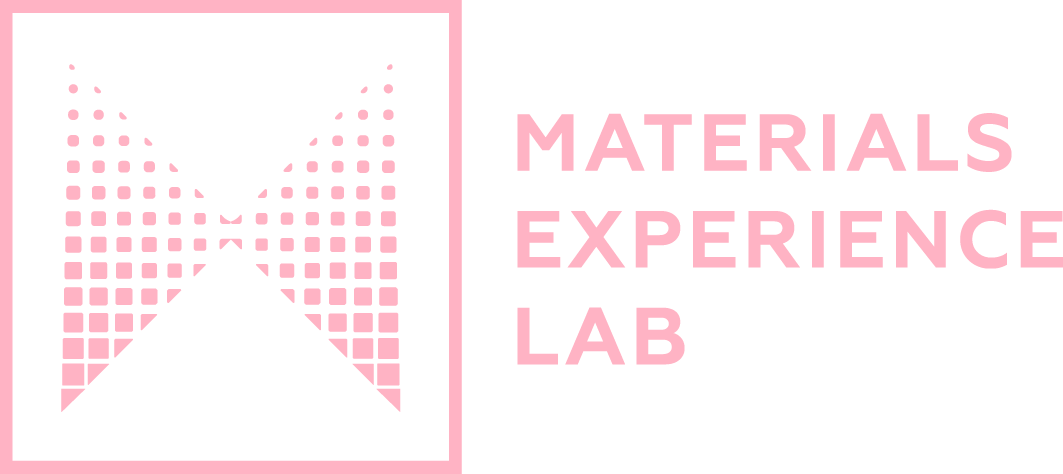Raphael Kim
Postdoctoral researcher – Delft University of Technology, The Netherlands
Supervisors
Prof. Dr. Elvin Karana
Raphael is a postdoctoral researcher and designer engaged in critical explorations of bio-technology in the field of Human-Computer Interaction (HCI): Through making, growing, writing, and speculating, Raphael strives to continue unpacking the social and cultural implications of considering living agents – namely microbes and DNA – as computational materials for interaction.
Following his Master’s in Design Interactions from Royal College of Art in London, Raphael gained his PhD from Queen Mary University of London. His thesis (2020), titled Effects of Microbial Integration on Player Experiences of Hybrid Biological Digital Games, investigated ways in which distinct microbial materiality could be harnessed into design processes towards enhancing playful experiences of human-computer interaction. Outcomes of the research, along with his latest studies on viruses and DNA, have been published at major international academic venues (e.g., ACM CHI), where he plays an integral role in the growth of Biological-HCI and Microbe-HCI; an emerging set of communities with a special penchant (and curiosity) for artefacts with molecular, organic, microbial turns.
Raphael has previously taught at the Royal College of Art in London, serving as a visiting lecturer for MA. Design Interactions and MA. Innovation Design Engineering, delivering modules, workshops, and tutorials with special focus on biotechnology and biodesign. Utilizing his prior professional laboratory experience – which includes working as full-time research assistant for Roche Pharmaceuticals R&D (Switzerland), Okinawa Institute of Science and Technology (Japan), and Baum Lab at Imperial College (UK) – Raphael brings an added, first-hand biotechnological grounding and insight towards supporting and leading his design students.
Current Project
EVOLVING MATERIALITY OF DNA AND IMPLICATIONS FOR INTERACTION DESIGN
With advances in technology, storage of digital artefacts as DNA molecules is likely to become mainstream in the near future. Yet whilst the emerging technology is poised to address the environmental issues surrounding excess global data production, the social and cultural aspects of how we would use the technology remain largely unexplored.
This research project aims to address this gap, using material-focused approaches. It first acknowledges the fact that the mechanics of the emerging technology would shift our current material understandings of DNA: Not only is DNA a naturally occurring molecule that carry genetic information packaged within living cells, DNA can also be synthetic, a carrier of digital information, and embeddable within both the living and non-living artefacts. The qualitative research will unpack the new materiality of DNA in further detail, and identify its potential implications on how we might design and experience DNA artefacts.
Publications
-
Kim, R., Linehan, C., & Pschetz, L. (2022). Navigating Imaginaries of DNA-Based Digital Data Storage. In Proceedings of the 2022 CHI conference on human factors in computing systems (pp. 1-15). https://doi.org/10.1145/3491102.3501911
-
Kim, R., Pschetz, L., Linehan, C., Lee, C.H., & Poslad, S. (2021). Archives in DNA: Workshop Exploring Implications of an Emerging Bio-Digital Technology through Design Fiction. In Academic Mindtrek 2021 (pp. 1-4). https://doi.org/10.1145/3464327.3464966
-
Kim, R. (2021). Virus as Quasi-Living Bio-Material for Interaction Design: Practical, Ethical, and Philosophical Implications. In Extended Abstracts of the 2021 CHI Conference on Human Factors in Computing Systems (pp. 1-7). https://doi.org/10.1145/3411763.3451770
-
Kim, R., Pataranutaporn, P., Forman, J., Lee, S.A., Riedel-Kruse, I.H., Alistar, M., Vasquez, E.S.L., Vega, K., van Dierendonck, R., Gome, G., Zuckerman, O., Vujic, A., Kong, D.S., Maes, P., Ishii, H., Sra, M., & Poslad, S. (2021). Microbe-HCI: Introduction and direction for growth. In Extended Abstracts of the 2021 CHI Conference on Human Factors in Computing Systems (pp. 1-4). https://doi.org/10.1145/3411763.3450408
-
Välk, S., Chen, Y., Kalossaka, L., Kim, R., Mougenot, C., Pschetz, L., Ramirez-Figueroa, C., Sayuti, N.A.A., & Sommer, B. (2021, December). Narratives in Biodesign: Bridging Methods, Processes and Tools. IASDR Conference 2021. Hong Kong Polytechnic University.
-
Gough, P., Forman, J., Pataranutaporn, P., Hepburn, L-A., Ramirez-Figueroa, C., Cooper, C., Vujic, A., Kong, D.S., Kim, R., Maes, P., Ishii, H., Sra, M., & Ahmadpour, N. (2021). Speculating on biodesign in the future home. In Extended Abstracts of the 2021 CHI Conference on Human Factors in Computing Systems (pp. 1-5). https://doi.org/10.1145/3411763.3441353
-
Kim, R., Thomas, S., van Dierendonck, R., Bryan-Kinns, N., & Poslad, S. (2020). Working with nature’s lag: Initial design lessons for slow biotic games. In International Conference on the Foundations of Digital Games (pp. 1-4). https://doi.org/10.1145/3402942.3409790
-
Kim, R., Thomas, S., van Dierendonck, R., Wood, C., & Poslad, S. (2020). Toward growable computer games: insights from biotic game ideation workshops. Interactions, 27(2), 82-85. https://doi.org/10.1145/3378563
-
Kim, R. (2020). DNA as digital data storage: Opportunities and challenges for HCI. In International Conference on Human-Computer Interaction (pp. 225-232). Springer, Cham. https://doi.org/10.1007/978-3-030-60700-5_29
-
Kim, R., & Poslad, S. (2019). Growable, invisible, connected toys: twitching towards ubiquitous bacterial computing. In Proceedings of the Halfway to the Future Symposium 2019 (pp. 1-9). https://doi.org/10.1145/3363384.3363387
-
Kim, R., van Dierendonck, R., & Poslad, S. (2019). Moldy ghosts and yeasty invasions: Glitches in hybrid bio-digital games. In Extended Abstracts of the 2019 CHI Conference on Human Factors in Computing Systems (pp. 1-6). https://doi.org/10.1145/3290607.3312895
-
Kim, R., & Poslad, S. (2019). Augmentable experiences in hybrid biological digital games. Acoustic Space Journal, 17, 165-173.
-
Kim, R., & Poslad, S. (2019). The thing with E. coli: Highlighting opportunities and challenges of integrating bacteria in IoT and HCI. arXiv preprint arXiv:1910.01974. https://arxiv.org/abs/1910.01974
-
Kim, R., Thomas, S., van Dierendonck, R., Kaniadakis, A., & Poslad, S. (2018). Microbial integration on player experience of hybrid bio-digital games. In International Conference on Intelligent Technologies for Interactive Entertainment (pp. 148-159). Springer, Cham. https://doi.org/10.1007/978-3-030-16447-8_15
-
Kim, R., Thomas, S., van Dierendonck, R., & Poslad, S. (2018). A new mould rush: Designing for a slow bio-digital game driven by living micro-organisms. In Proceedings of the 13th International Conference on the Foundations of Digital Games (pp. 1-9). https://doi.org/10.1145/3235765.3235798
-
Kim, R. (2015). Fungal indices. In C. Arozqueta, & R. Azaola (Eds.), Future mirrors (pp. 11-14). Modelab.

